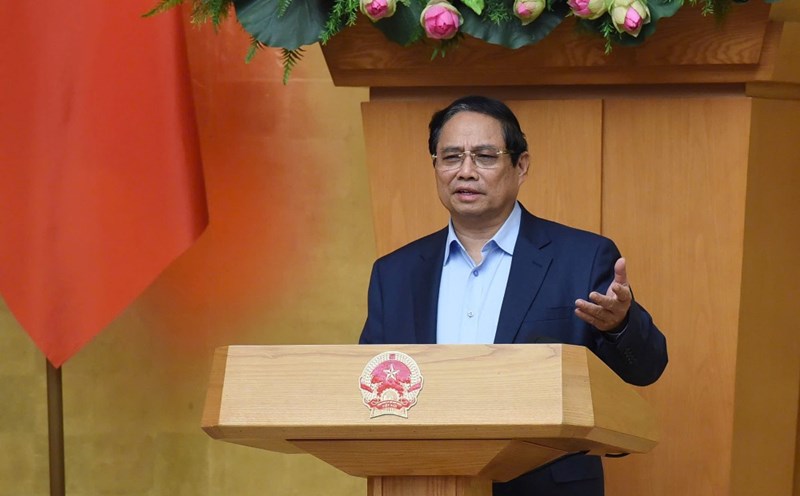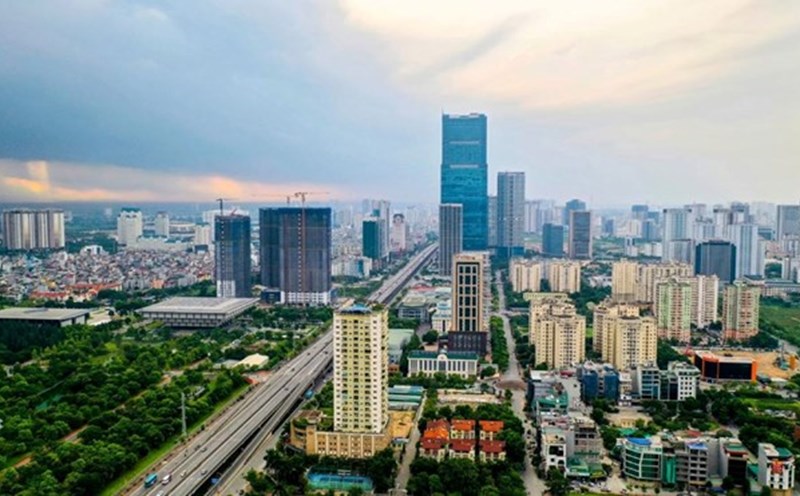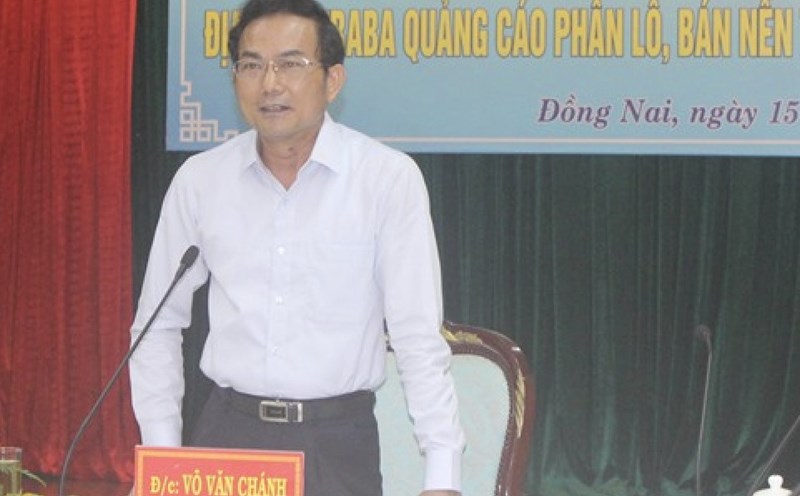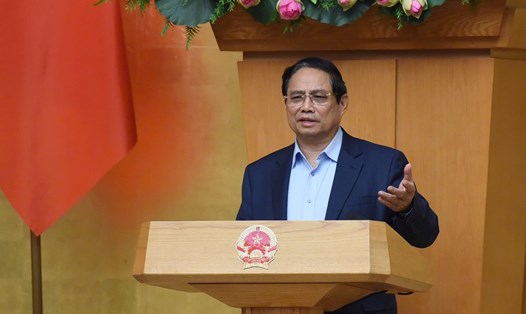On March 19, Politburo member and Prime Minister Pham Minh Chinh chaired a thematic Government meeting on law-making in March 2025 to discuss and give opinions on 04 draft laws and proposals for law-making.
One of the draft laws discussed at the meeting was the Law amending and supplementing a number of articles of the Law on Energy Efficiency and Savings. This is a draft law drafted by the Ministry of Industry and Trade.
According to the Ministry of Industry and Trade, the Law on Energy Efficiency and Savings Use No. 50/2010/QH12 takes effect from January 1, 2011. After 15 years of implementation, it has revealed some shortcomings that need to be reviewed to be amended and supplemented with many reasons, notably the following reasons:
Firstly, the international context has many fluctuations that create great challenges such as: Carbon emission tax, the mechanism for adjusting carbon boundaries will be put under pressure by the European Union on Vietnam's export market.
This reduces the competitiveness of Vietnamese goods and enterprises, especially Vietnam's main industrial export items such as textiles, footwear, plastic, steel, electricity, electronics, and seafood processing.
Second, Vietnam has committed to achieving net zero emissions by 2050. Currently, Vietnamese manufacturing enterprises are lacking financial mechanisms to support enterprises in complying with green regulations.
Therefore, according to the Ministry of Industry and Trade, the amendment and supplementation of the law aims to fully and effectively institutionalize the viewpoints and guidelines of the Party and State on the use of energy economically and efficiently.
Second, to improve the competitiveness of Vietnamese enterprises in the face of challenges from European green regulations such as carbon Emission Tax, mechanisms to adjust carbon boundaries for goods and services exported to demanding markets such as Europe, America, and Japan.
Develop financial support tools and incentive mechanisms for businesses to invest in energy-saving and efficient projects to meet the requirements of the export market through the fund mechanism; promote the development and expansion of the market for energy consulting services.
Third, contributing proactively and actively to implementing commitments when participating in the 26th United Nations Framework Convention on Climate Change (COP26).
The draft law closely follows the 4 amended and supplemented policies that have been approved by the Government and submitted to the National Assembly Standing Committee for approval, including:
Policy 1: On improving the effectiveness of state management in the field of energy-saving and efficient use.
Policy 2: Regarding management and development of energy consulting services, energy auditing, and human resource training in the field of energy-saving and efficient use.
Policy 3: Regulations on preferential policies, financial support tools for the energy-saving and efficient use sector.
Policy 4: Market transformation and performance management of energy-using vehicles and equipment.
At the same time, the draft law inherits the contents stipulated in 12 Chapters and 48 Articles of the current Law, of which 30 Articles are kept unchanged. The draft law has amended, supplemented and supplemented 21 Clauses under 18 Articles of the Law on Energy-saving and efficient Use.
In response to the direction of the Government Standing Committee, in the Government submission, the drafting agency carefully reviewed the Law on Effective Energy Use in 2010, simplifying administrative procedures and business conditions to the maximum. Optimizing the contents of decentralization and delegation of authority in the draft Law on amending and supplementing.
The report clearly shows the contents of cutting and simplifying administrative procedures, the contents of decentralization and delegation of authority; reviewing business conditions towards abolishing at least 30% of unnecessary administrative procedures in accordance with the direction of the General Secretary.
After discussing with the functional units of the Government Office, the draft law is expected to reduce 2/4 procedures, reaching a reduction rate of 50%.
Commenting on the draft Law amending and supplementing a number of articles of the Law on Energy Efficiency and Savings, Prime Minister Pham Minh Chinh suggested reviewing to make the scope and subjects of regulation broader, including stages such as power source, power transmission, power distribution and power use. In which, the use of electricity includes production, business and consumption entities.











